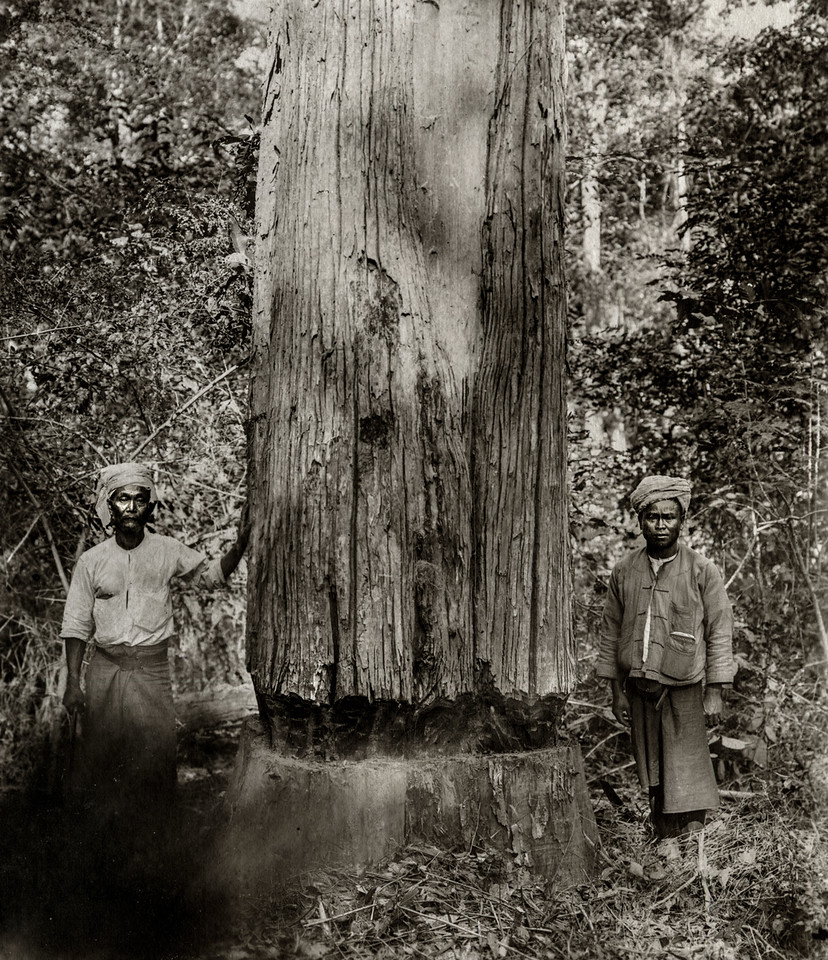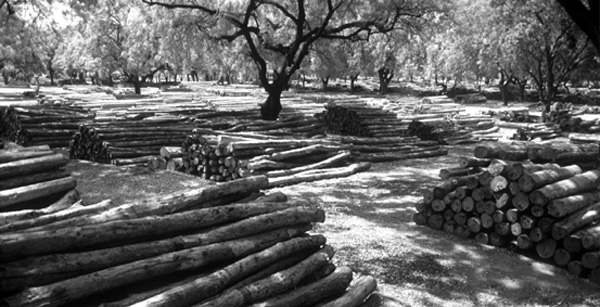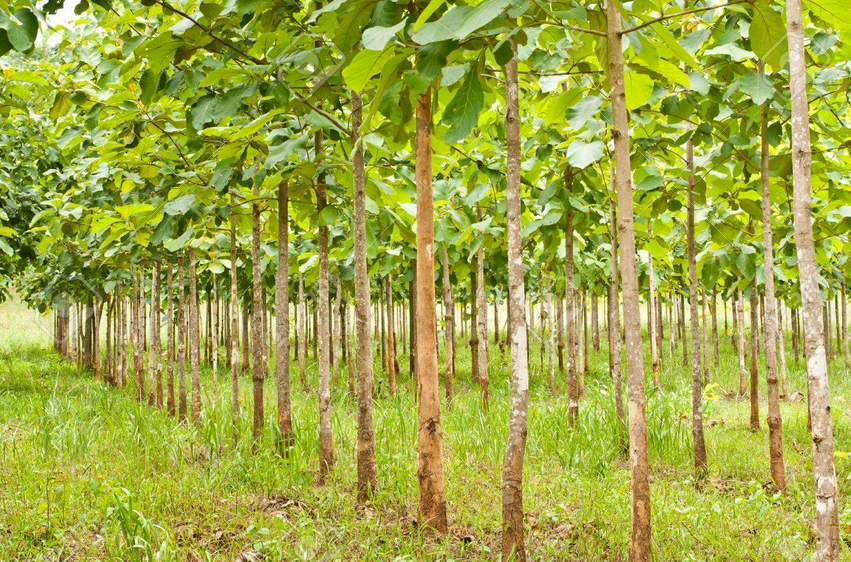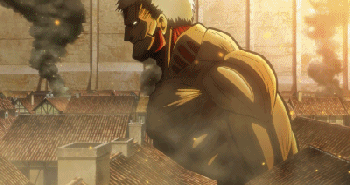Leaderboard
Popular Content
Showing content with the highest reputation on 08/01/2021 in all areas
-
There are two/three important terms in the Philosophy of Deleuze & Guattari. Territorialization, and Deterriorialization (and re-terriotorialization). There is a lot in this Philosophy which is purposively obscurantist, in the way that one might write poetically, to draw in the maximum number of associations and ideas, to develop a kind of intensity in your expression, but at the same time letting that density of idea act as a filter, letting in only readers that only want to dig for, and help create the meaning. There is much debate as to whether this kind of writing is a good thing, or a bad thing. Is clarity of the highest value when expressing ideas? Does clarity trump all other expression? Maybe. But in the pleasures and powers of reading and writing there are other powers. For a moment though I want to simplify these terms. Make them plain. Because they help with what I'm talking about in terms of Narrative powers and meaning-building. Picture this. When something is IN the earth it is grown in, it is territorialized. It is in its territory. In its context. It is within the realm in which it is made. It is earthed. A strong, hardwood bodied teak tree, in the ground in which it developed is earthed. If you want to know what that tree is, you understand it in its territory. It's immense size is composed of a duration, which is to say that its past is presently living in it. It is a temporal whole. And this whole extends well beyond its physical borders or properties, no matter how we would like to isolate them. If the tree is harvested, cut down, it has been de-terriotorialized, in Deleuze & Guattari's terms, it has been unearthed. It has been torn from its contexts, the living whole which produce it...and the living whole which hold what it is...its story. If it is cut and stacked (these are much smaller teak logs), the de-territorialized (un-earthed) teak has been re-terriotorialized. It has been re-earthed. What does this mean? Well, if you were a home builder and you lived around lumber yards, "where teak comes from" wouldn't be a forest at all. It would be a place where it is stacked. This is where the teak (material) would gain new context, and new meaning. We get this all the time with food. "Remember to pick up some chicken!" doesn't mean: "Go catch a chicken!". It means: Go to the chicken-gettin' place, where all chicken is found. The territory of Chicken is wrapped in plastic, cut into body parts, on refrigerated shelf. When things like teak or chicken are re-terriotorialized, re-earthed, their original stories are pretty fundamentally lost, or cut off. Our narrative understandings of them begin with where they come from. They come from the lumber yard, or the poultry shelf. The branch of Philosophy wants to call our attention to these kinds of powerful recontextualizations of things. They argue that a fundamental force of Capitalism, is its power to de- and re- terriorialize things, people, ideas, feelings, to tear them out of their "earths", and to put them into new earths. This can be creative and productive, but it can also be destructive and debilitating. The first step though is to just even be aware that un-earthings are even happening, and that they are happening everywhere. If we lose track of these things we just get presented with a "reality" of the world which we can become trapped in. We literally think that chicken comes from the store. What does this have to do with Muay Thai scoring? Let's put it this way. When you start bending and twisting the sport of Muay Thai, pushing along the lines of spatialized Time just so you can produce KOs, so that these KOs can be harvested, that is deterriotorialized, that is unearthed, and put into the lumber yards of social media feeds, and highlight videos, you have started to farm combat sports. No longer is it This great tree which grew in this rich patch of forest, it is now This spectacular knockout which came out of this fight promotion, or this Instagram account. Why does this matter? Well, in the posts above I discuss how the very powers of rich meaning-building are embedded in the narrative form of Thailand's Muay Thai, and the the vital force of the sport is connected to this. We want as meaning-beings to enforce the powers of narration. And in fighting, narrative performance seems to allow us to process our own tramatic lives and sorrows. This is important stuff. But, on another hand, if you just start farming teak from where it comes, there will be no old-growth teak left to harvest. It takes a long time to grow these trees, and an ecosystem of living things as well. The quality of the wood, yes, you can chop it up and make lots of commercial gain (and even good) from distributing it. But once it is chopped up, it is gone. Now, you suddenly have farmed teak. Teak, which is no longer what teak was. And, as the demand rises, you may not even have even that. You may have "just as good as teak!" woods. The memory of teak begins to fade. The duration of teak begins to end. When we live in a world of knockouts and clashes. Where things get "blowed up!" over and over, we are living very different affective lives. Our storytelling powers, as human beings, becomes diminished (we are just hunting the next stimulation), which means our own ability to weave new futures out of our tramas and sorrows becomes weakened and atrophied. In fact, it comes to be that it is OUR affects that become farmed. This, afterall, is what social media is, the farming of (and maximalization of) our ability to feel and respond. Our affects are passed into feeds for others to consume. Just as fighters come to be pushed into non-narrative clash-fests, looking for sparks, so that their affects can be passed into "highlights", we too become living donors to an entertainment of largely meaningless peaks and jolts of what's human.1 point
-
1 point
Footer title
This content can be configured within your theme settings in your ACP. You can add any HTML including images, paragraphs and lists.
Footer title
This content can be configured within your theme settings in your ACP. You can add any HTML including images, paragraphs and lists.
Footer title
This content can be configured within your theme settings in your ACP. You can add any HTML including images, paragraphs and lists.




